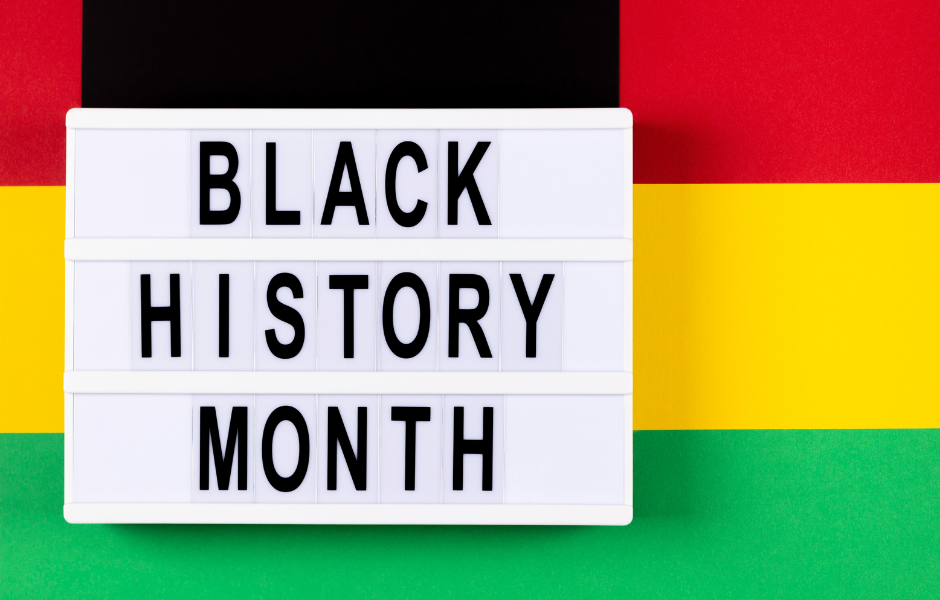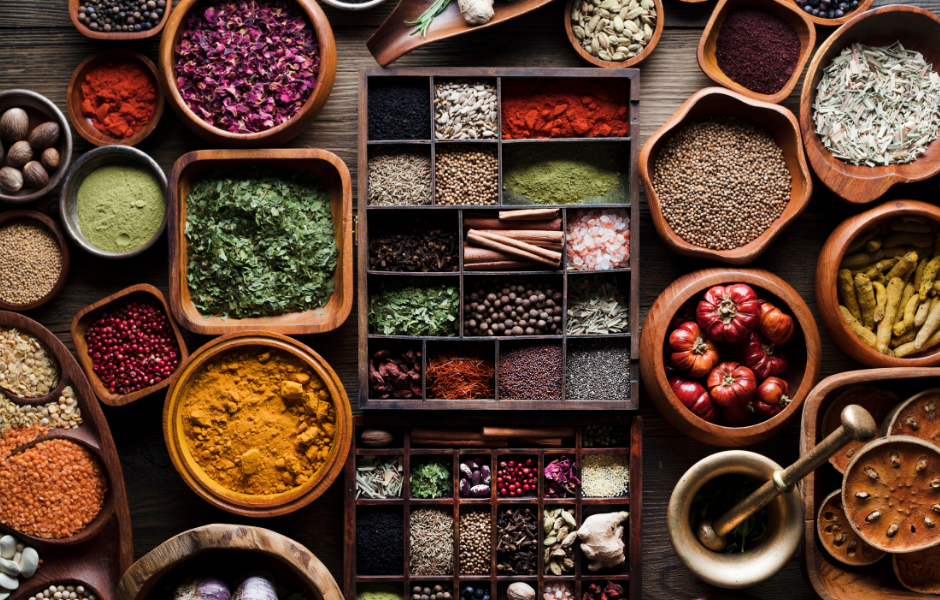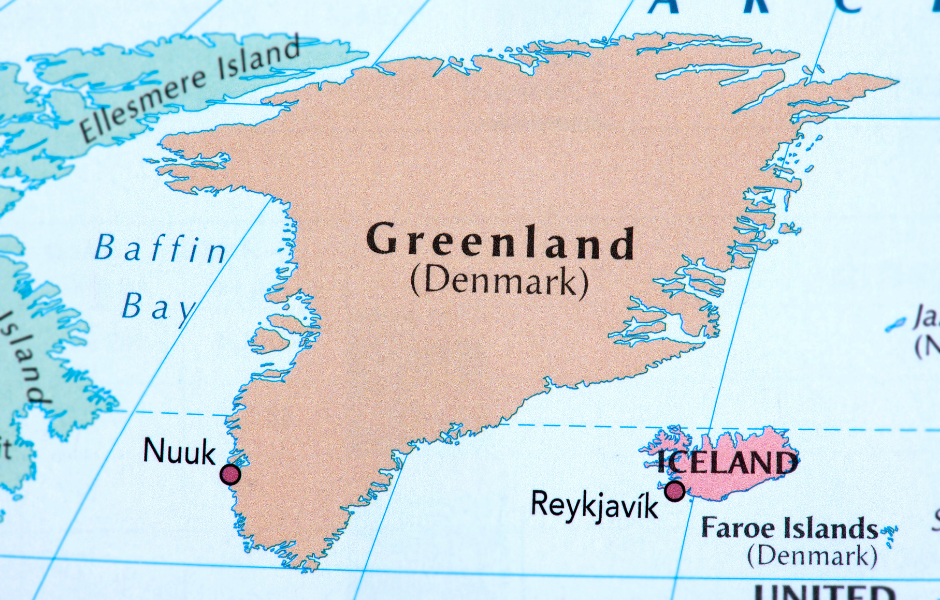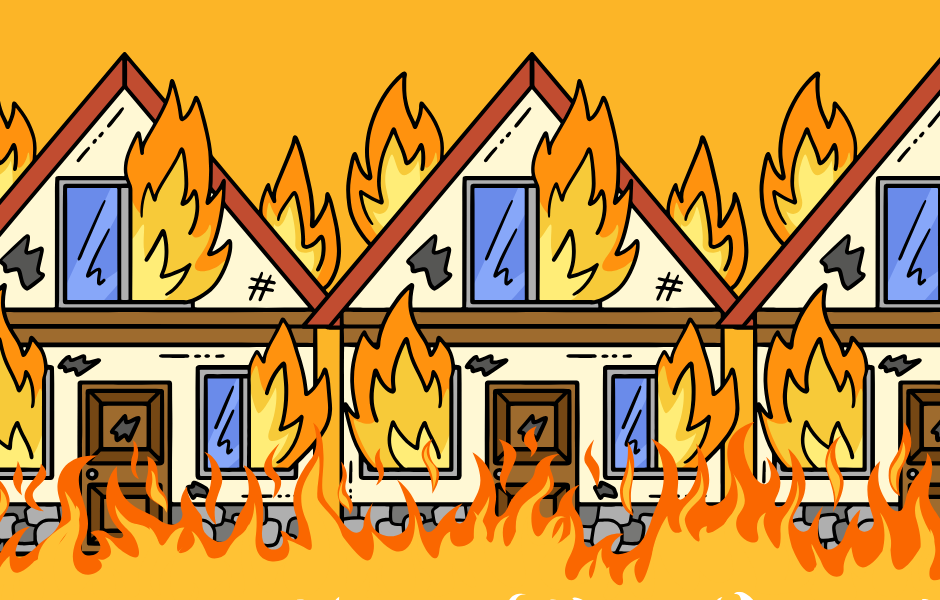
This children’s article, The Great Fire of London explained for kids, has been written for native English speakers and learners of English as a second or foreign language. It can help children practise reading and comprehension, learn useful vocabulary, and explore one of the most famous events in British history. Written by Sinead O’Carroll, an experienced teacher and writer.
How the fire began
The Great Fire of London started on 2 September 1666. It began in a small bakery on Pudding Lane, owned by Thomas Farriner, who was the King’s baker.
A spark from the bakery’s oven set fire to the wooden house. At the time, London was full of narrow streets and wooden buildings, so the flames spread very quickly.
The city in flames
Strong winds carried the fire from house to house and within hours, many homes, shops, and churches were burning.
People tried to escape the fire by carrying their belongings to the River Thames, the wide river that runs through the centre of London. Some families climbed into boats to get away from the flames.
In 1666, firefighters didn’t have the equipment that they have today. There were no fire engines or hoses. Instead, people formed chains to pass leather buckets of water, used long metal hooks to pull down burning houses, and even set off gunpowder explosions to stop the fire from spreading.
How long did it last?
The fire burned for four days and by the time it ended, many homes, churches and other important buildings had been destroyed. Surprisingly, very few people were recorded as killed, although thousands lost their homes and everything they owned.
Rebuilding London
After the fire, King Charles II ordered the city to be rebuilt. Streets were made wider, and houses were built from brick and stone instead of wood, which made them safer.
The famous architect Sir Christopher Wren designed many new churches, including St Paul’s Cathedral, which still stands today.
Why the Great Fire of London is remembered
The Great Fire of London is remembered because it changed the city forever. It showed how dangerous crowded wooden buildings could be, and it led to new rules for safer streets.
Today, children in Britain often learn about the fire at school, and a tall stone column called The Monument still stands near Pudding Lane to remind people of what happened.
For further reading, you can visit the Museum of London’s Great Fire website.
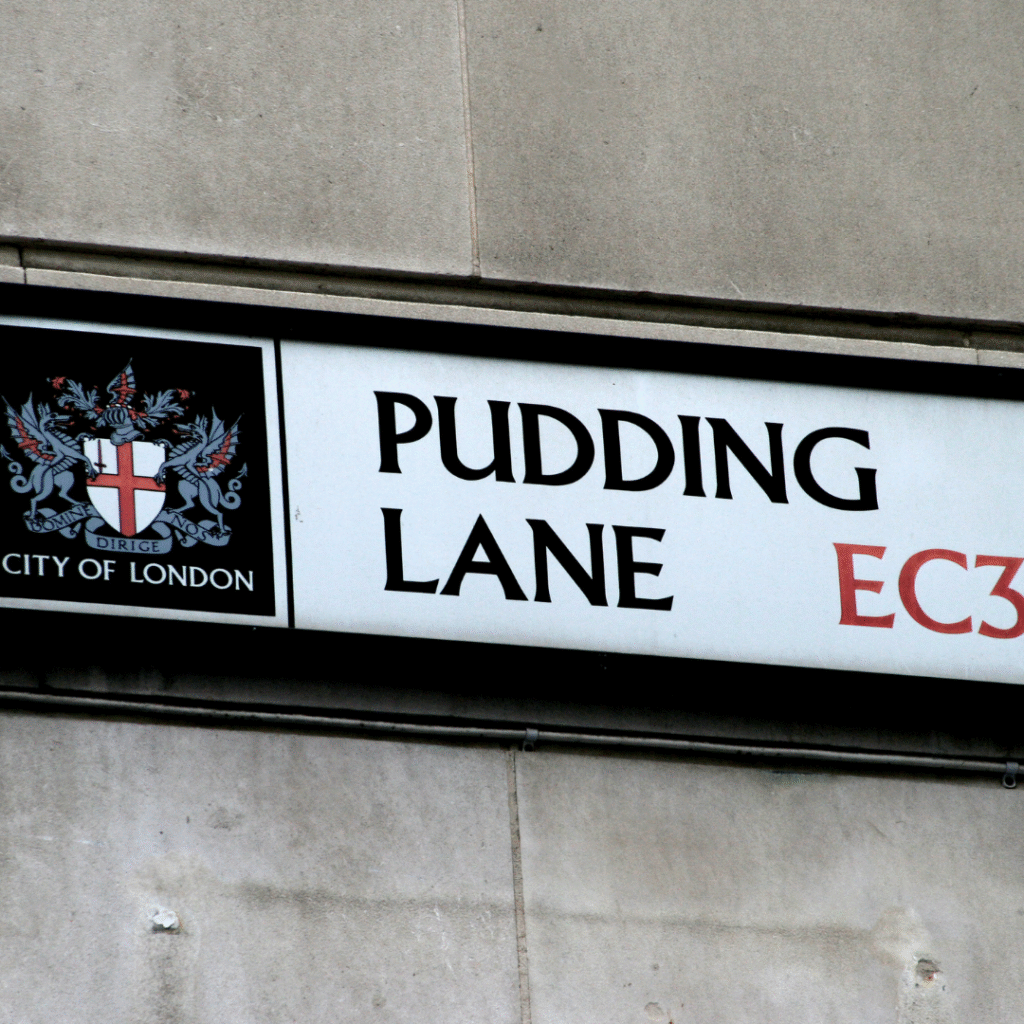
Article vocabulary list
- Bakery – A place where bread and cakes are made and sold.
- Spark – A small piece of fire or something that can start a fire.
- Flames – The bright, hot part of a fire.
- Belongings – The things that someone owns.
- Firefighters – People whose job is to put out fires.
- Gunpowder – A substance that can explode and was used to destroy buildings.
- Destroyed – Completely ruined or broken.
- Architect – A person who designs buildings.
- Monument – A structure built to remember an important event or person.
Comprehension questions
Just click the plus (+) to see the answer
1. Who owned the bakery where the Great Fire of London started?
a) Sir Christopher Wren
b) Thomas Farriner
c) King Charles II
Answer: b) Thomas Farriner
2. Why did the fire spread so quickly through London?
a) The streets were wide and open
b) Buildings were made of wood and streets were narrow
c) People put out the fire with water
Answer: b) Buildings were made of wood and streets were narrow
3. How did people escape the fire?
a) By climbing trees
b) By carrying their belongings to the River Thames or using boats
c) By running into the burning buildings
Answer: b) By carrying their belongings to the River Thames or using boats
4. What equipment did firefighters in 1666 not have that they use today?
a) Leather buckets
b) Hoses and fire engines
c) Metal hooks
Answer: b) Hoses and fire engines
5. How long did the Great Fire of London last?
a) One day
b) Two days
c) Four days
Answer: c) Four days
6. Who designed many of the new churches after the fire, including St Paul’s Cathedral?
a) King Charles II
b) Thomas Farriner
c) Sir Christopher Wren
Answer: c) Sir Christopher Wren
7. What material were the new houses built from after the fire?
a) Wood
b) Brick and stone
c) Paper
Answer: b) Brick and stone
8 Why is the Great Fire of London still remembered today?
a) It was the biggest fire in the world
b) It changed the city and led to safer streets
c) People liked the smoke
Answer: b) It changed the city and led to safer streets
9. What is the purpose of The Monument near Pudding Lane?
a) To show where the bakery was
b) To remind people of the Great Fire
c) To mark the River Thames
Answer: b) To remind people of the Great Fire
Sinead is a writer and EFL teacher with eight years’ experience. She’s a native English speaker who loves making news stories fun and easy to understand for children around the world. Her passions include travel, animals, and helping to make the world a kinder, more sustainable place.


